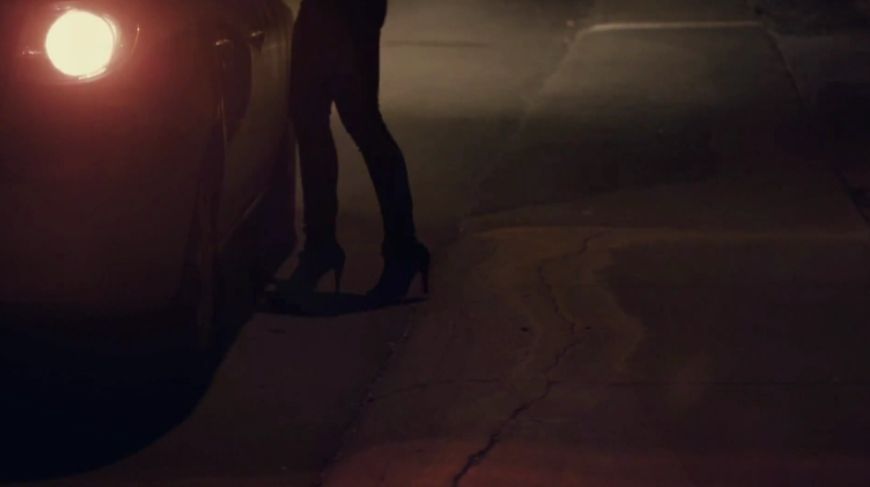By law, the purchase of sexual services is a crime and the RCMP, Montreal police and Canada Border Services Agency (CBSA) are working to bring awareness of human trafficking in Quebec.

The aim of the Griffon Initiative is to stop human trafficking, specifically targetting large events that often attract an increased number of tourists to Montreal.
READ MORE: The reality of sex workers in Canada: Vulnerable, unprotected and misunderstood
According to Chez Stella, a sex worker rights groups based in Montreal, human trafficking — which is not the same as sex work — requires three main components:
- The victim was coerced or deceived.
- The victim is forced to work in a situation akin to slavery, servitude or forced labour (not paid for services).
- The victim is moved from her/his home to another location (sequestration, captivity or across borders).
A 2013 RCMP study found that worldwide, 98 per cent of sex-trafficking victims are women and girls — some as young as 14 — who are forced to perform sex acts 365 days a year and are required to hand over all or most of the money to their traffickers.
READ MORE: Why is the Canadian Grand Prix a hub for human trafficking?
According to the Canadian Women’s Foundation, the majority of people who fall victim to trafficking are: female, poor, have a history of violence and neglect, a history of child sex abuse and a low level of education, among many other factors.
The indicators of human trafficking can be subtle, however there are a few signs, such as if they:
- Are being escorted or watched;
- Do not appear to speak English or French;
- Have visible injuries or bruises;
- Appear malnourished;
- Express fear or intimidation vocally or through body language.
The organization estimates about 90 per cent of Canada’s trafficking victims come from within the country’s borders.
WATCH BELOW: Feds investigating suspicion of human trafficking at Quebec border

The RCMP found traffickers in Canada get about $280,000 for each woman or girl.
READ MORE: Montreal to target human trafficking during Grand Prix weekend
The Griffon Initiative is in collaboration with:
- Canada Border Services Agency (CBSA);
- Longueuil Police Service (SPAL);
- Laval Police Service (SPL);
- Aéroports de Montréal;
- United States Attorney’s Office / Department of Justice (USAO);
- Federal Bureau of Investigations (FBI);
- Department of Homeland Security (DHS);
- United States Customs and Border Protection (USCBP);
- United States Border Patrol (USBP);
- United States Diplomatic Security Service (USDSS);
- New York State Police (NYSP);
- New York State Intelligence Center (NYSIC).
Anyone with information about possible sexual crimes and human trafficking is encouraged to contact the RCMP at 1-800-771-5401 or Montreal police through Info-Crime at 514-393-1133.
WATCH BELOW: Tapping into technology to curb human trafficking



Comments